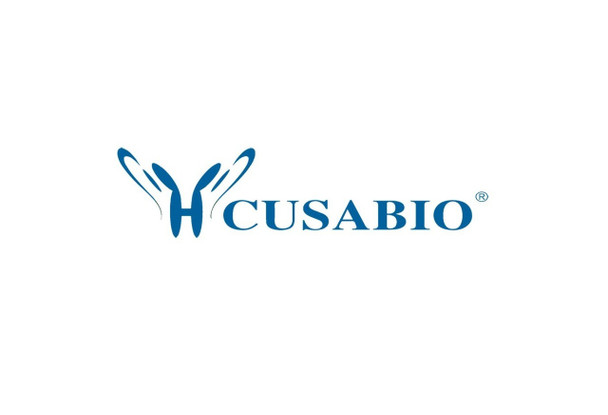Cusabio Polyclonal Antibodies
Phospho-PAK2 (Ser197) Antibody | CSB-PA149930
- SKU:
- CSB-PA149930
- Availability:
- 3 to 7 Working Days
- Size:
- 100ul
Description
Phospho-PAK2 (Ser197) Antibody | CSB-PA149930 | Cusabio
Phospho-PAK2 (Ser197) Antibody is Available at Gentaur Genprice with the fastest delivery.
Online Order Payment is possible or send quotation to info@gentaur.com.
Product Type: Polyclonal Antibody
Target Names: PAK2
Aliases: gamma-PAK; PAK65; PAKI; PAK 2;
Background:
The activated kinase acts on a variety of targets. Likely to be the GTPase effector that links the Rho-related GTPases to the JNK MAP kinase pathway. Activated by CDC42 and RAC1. Involved in dissolution of stress fibers and reorganization of focal complexes. Involved in regulation of microtubule biogenesis through phosphorylation of TBCB. Activity is inhibited in cells undergoing apoptosis, potentially due to binding of CDC2L1 and CDC2L2.
Martin G.A., EMBO J. 14:1970-1978 (1995) .
The MGC Project Team; Genome Res. 14:2121-2127 (2004) .
Olsen J.V., Cell 127:635-648 (2006) .
Isotype: IgG
Conjugate: Non-conjugated
Clonality: Polyclonal
Uniport ID: Q13177
Host Species: Rabbit
Species Reactivity: Human, Mouse, Rat
Immunogen: Peptide sequence around phosphorylation site of Serine 197 (T-R-S (p) -V-I) derived from Human PAK2.
Immunogen Species: Human
Applications: ELISA, IHC
Tested Applications: ELISA, IHC;IHC:1:50-1:100
Purification Method: Antibodies were produced by immunizing rabbits with synthetic phosphopeptide and KLH conjugates. Antibodies were purified by affinity-chromatography using epitope-specific phosphopeptide. Non-phospho specific antibodies were removed by chromatogramphy using non-phosphopeptide.
Dilution Ratio1: ELISA:1:2000-1:10000
Dilution Ratio2: IHC:1:50-1:100
Dilution Ratio3:
Dilution Ratio4:
Dilution Ratio5:
Dilution Ratio6:
Buffer: Rabbit IgG in phosphate buffered saline (without Mg2+ and Ca2+), pH 7.4, 150mM NaCl, 0.02% sodium azide and 50% glycerol.
Form: liquid
Storage: Upon receipt, store at -20°C or -80°C. Avoid repeated freeze.
Initial Research Areas: Cell Biology
Research Areas: Cancer;Cell biology;Microbiology;Signal transduction






